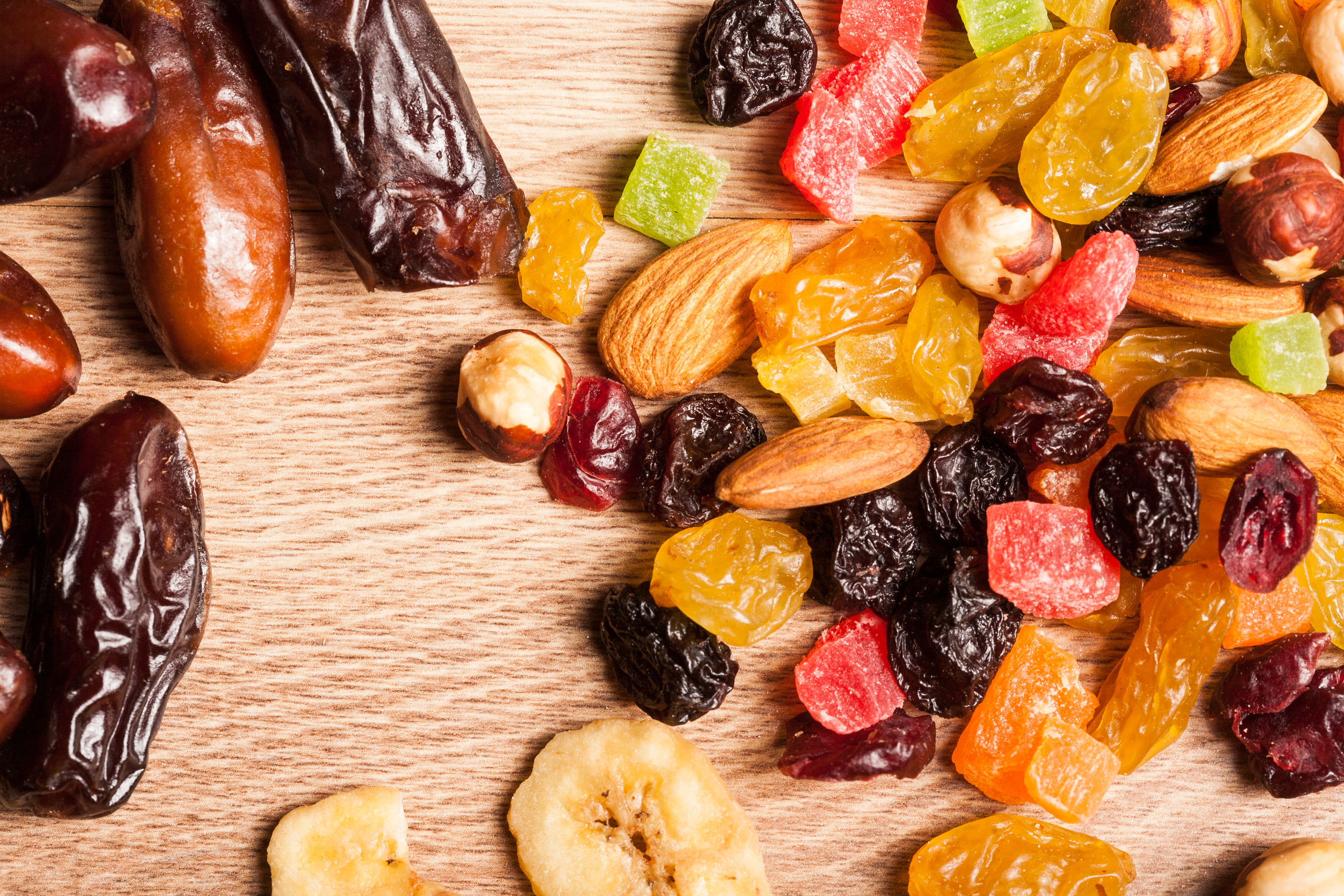
Ever picked up a box or bottle that seemed healthy—and later realized it was packed with sugar, additives, or empty calories? You’re not alone. Many healthy grocery items turn out to be more marketing than nutrition, with labels like “low‑fat,” “fruit‑based,” or “made with vegetables” hiding ingredients that are anything but wholesome. In this article, we’ll unpack seven healthy grocery items that nutritionists now recommend avoiding—or at least monitoring much more strictly. You’ll learn how to recognize misleading packaging, assess ingredient lists, and make choices that really support your health goals. By the end, you’ll know if those “healthy grocery items” in your cart are actually helping—or hurting.
1. Granola Bars
Even though many shelves are now stocked with granola bars marketed as wholesome or natural, nutritionists warn they often resemble candy bars in disguise. Despite the healthy grocery items label, lots of granola bars contain added sugar, refined oils, and sweeteners that push calories far above the fiber and protein they offer. Some brands add sugar alcohols or syrup—not fruit—creating a sugar shock without even tasting like fruit. Experts suggest choosing plain oats, nuts + fruit in minimal packaging, and avoiding bars with more than 6 grams of added sugar per serving. Remember: sweetness alone isn’t nutrition—check labels carefully.
2. Flavored Low‑Fat Yogurt
Yogurt is widely considered a healthy grocery item, yet nutrition experts say many flavored low‑fat varieties are packed with sugar and fillers. For instance, Healthline highlights that a single cup of nonfat fruit-flavored yogurt can contain more than 30 grams of sugar—about as much as banana pudding. The fat may be removed, but it’s often replaced with corn syrup and artificial additives that spike insulin. Registered dietitians recommend choosing plain whole‑milk yogurt with naturally occurring sugar from live cultures and adding real fruit if needed. Your microbiome and metabolism will thank you—just toss the fake-sweetened wrappers.
3. Store‑Bought Juices & Smoothies
It’s easy to assume bottled juices or smoothie blends are part of a wholesome breakfast, but nutritionists caution they are deceptively high in sugar. Healthy grocery items like fruit juice lack fiber and deliver quick blood sugar spikes with few nutrients to sustain you. Similarly, store-bought smoothies can pack 300–700 calories in sugar syrups and fruit concentrate—even if branded “no added sugar.” Drinking your calories is a fast way to overshoot your hunger needs without satiation. Homemade blends with whole fruit, greens, and protein? That’s a different story—and a real snack.
4. Veggie Chips or Veggie Straws
When “veggie” is highlighted on the label, it feels like a positive, healthy grocery item choice—but nutrition experts say these chips are often equal to potato chips in calories, fat, and salt. Weight-loss surgeons and dietitians warn that most are made of potato starch or deep-fried root chips with minimal real vegetables, offering little nutritional value. They carry the same health risks of inflammation and weight gain, but without the fiber or nutrients you’d expect. Consumer advocates refer to this as the “health halo effect,” where packaging tricks us into overestimating benefits. Bottom line: carrots + hummus beat crunchy “vegetable” puffs every time.
5. Protein or Energy Bars
Protein and energy bars are marketed as wholesome, healthy grocery items for busy people—but many nutritionists say they’re ultra-processed calorie bombs. Experts cite high levels of sugar alcohols, syrups, artificial flavors, and low-quality fats in everything from “protein” bars to meal-replacement labels. Many contain less than 5 grams of real protein—far less than a serving of nuts or yogurt—and can leave you hungrier (or bloated) soon after eating. Registered dietitians recommend reading ingredient lists closely and choosing whole nuts or homemade oat‑seed bites instead. Convenience shouldn’t sacrifice transparency—or health.
6. Dried Fruit Snacks
Dried fruit is naturally sweet and easily packaged to look wholesome, but nutritionists warn many brands are sweetened beyond fruit sugar. Labels reading “real fruit” often hide added sugar, syrups, or dextrose that reduce fruit to candy in disguise. In some cases, over 50% of the weight is refined sugar—despite health-sounding packaging phrases like “fiber boosted” or “no artificial sweetener.” Nutritionists stress that healthy grocery items like dried fruit should remain 100% fruit, without added sugar, to keep their nutrient value intact. Moderation is key—and always check the ingredients list.
7. “Healthier” Breakfast Cereals
Cereals marketed as hearty whole‑grain options are still flagged by nutritionists as misleading when sugar or additives dominate the box. Even “multigrain” or “high fiber” cereals may contain maltodextrin, artificial colors, refined sugars, and proteins meant to bulk up nutrition but not absorb slowly in the body. In reality, single-ingredient oats or homemade oatmeal with fruit and nuts provide more fiber, protein, and fewer processed additives. Buyers are urged to ignore colorful boxes and focus on sugar grams, ingredient order, and total carbs. If it looks too sweet or text-heavy, it’s probably not a healthy grocery item.
Read Labels, Not Just Buzzwords
Brands often use terms like “naturally sweetened,” “keto-friendly,” or “plant-powered” to craft healthy grocery items—but experts say that can lead to overconsumption of ultra‑processed food. Instead of judging items by their front-of-package claims, flip to the back label to compare sugar, fiber, and ingredient count. Real health foods are whole, minimally processed, and nutritionally dense—think fruit, nuts, beans—not brightly packaged snacks. If a product forces you to question whether it’s good or if “too sweet for something healthy,” it probably isn’t. True healthy grocery items offer more than claims—they deliver nutrients without tricks.
What’s one “healthy” product that surprised you when you finally read the label? Share your experience in the comments—your insight might help someone else shop smarter!
Read More
10 Frozen Vegetables That Lose Nutrition Before You Use Them
6 Lunch Meats That Nutritionists Say Are Still Problematic
The post 7 “Healthy” Grocery Items That Nutritionists Are Now Warning Against appeared first on Grocery Coupon Guide.







